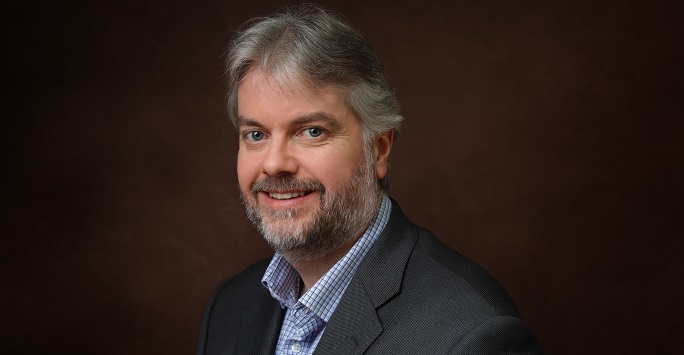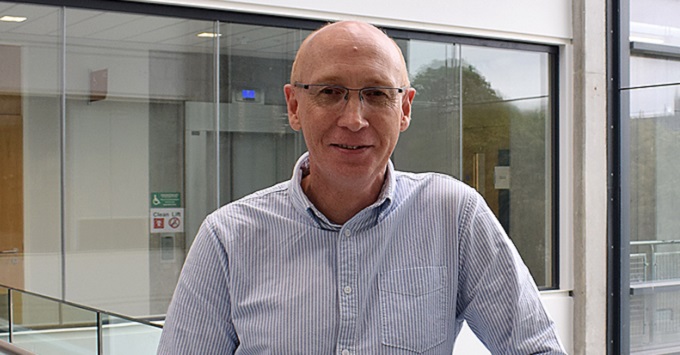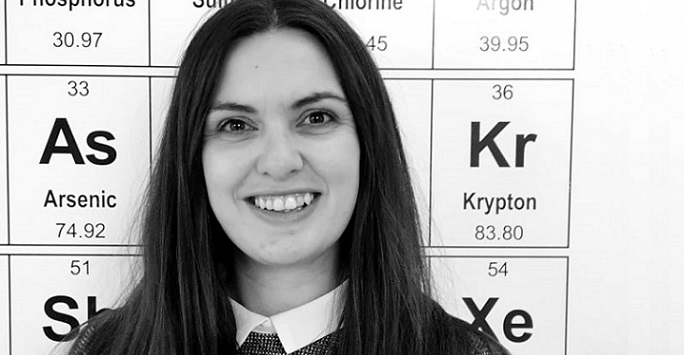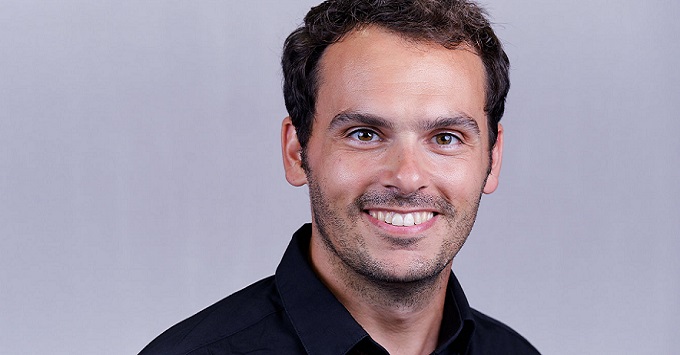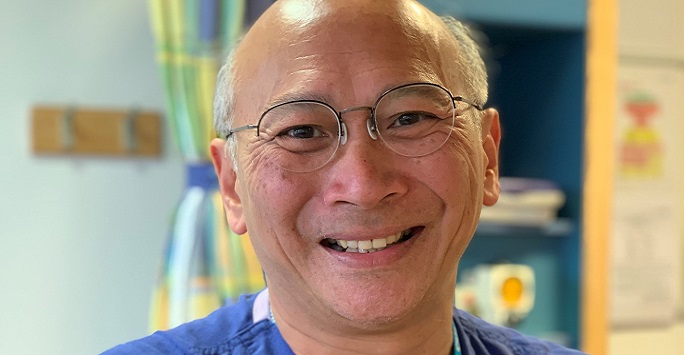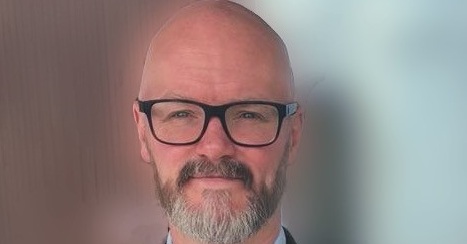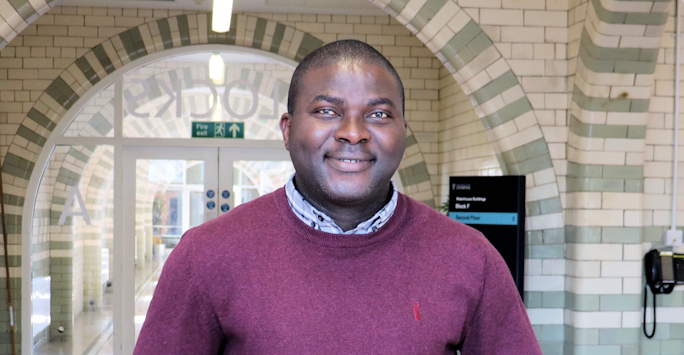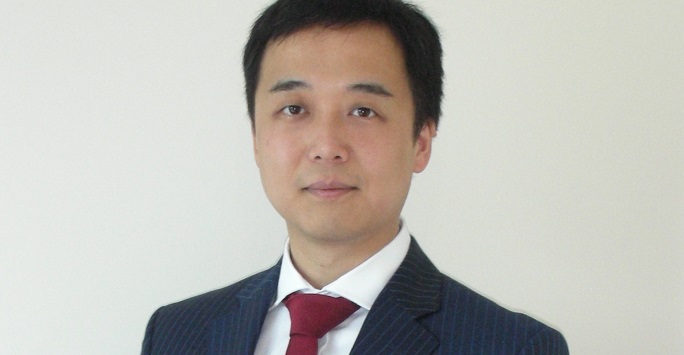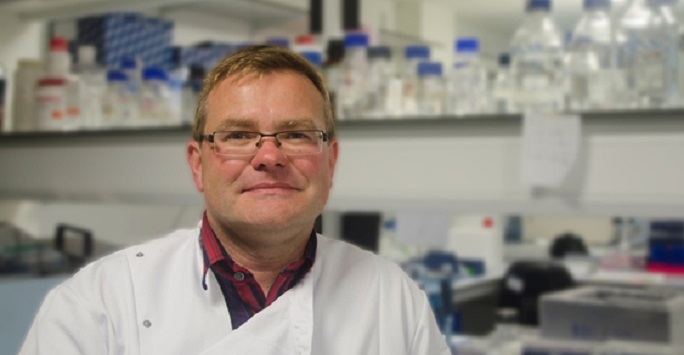Our members
The Centre of Excellence for Long-acting Therapeutics is an academic-led centre built upon the cutting edge research of our scientists from Chemistry and Pharmacology. Our cross-faculty collaboration enables our research to to be fast-paced, versatile and ever-evolving.
Our varied team of investigators lead multiple transformational projects. Find out about our research leads below. You can click through to their group page to discover more about their members and the work conducted in the team.
